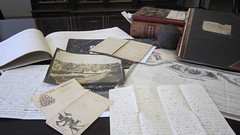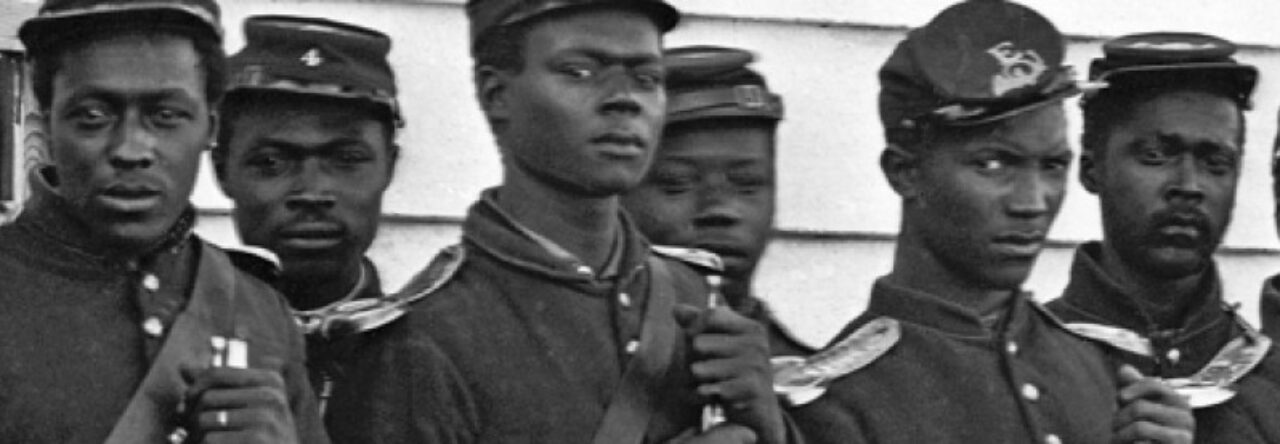- The bidirectional nature of the UGRR
- The Northern states rights battles and nullification attempt
- Harriet Scott as the primary force driving the Dred Scott Case onward
- Publicizing the UGRR for fundraising purposes
Are all ideas that are running around inside my head since Matt’s lecture yesterday – thanks for the enticing glimpse into your work and the current research in the field today.

After reading Loilaing’s post commenting on connections in the West Indies, I am interested to learn more about the impact of the abolition of slavery -and serfdom – across Western and Eastern Europe, and South and Central America on mid 19thC North America? I reckon it emboldened and encouraged abolitionists in reverse proportion to the terror it struck in the hearts of those interested in maintaining their ‘peculiar institution’ – but perhaps I am missing nuances and/or other effects?
And beyond slavery, how heavily did global events affect the union preservationists’ thinking? For instance, in McPherson’s For Cause and Country the northern immigrant soldier writes his father in England that preserving the union is important because otherwise the West might decide to break off next and “this country would be as bad as the German states”. What other global events were impacting North America toward war?
I found a great online discussion published in last September’s Journal of American History that treats the last of these questions; looking at nation building and nationalism globally at the time of the Civil War. I recommend a glance if you are remotely interested. Interchange: Nationalism and Internationalism in the Era of the Civil War

Thinking about the UGRR as a resistance movement is very helpful to my own understanding – I found myself thinking of similarities to the resistance movements across Occupied Europe during WWII. The insight from The Old Carlisle Courthouse clip that this was a resistance being fought in courtrooms can pull my students up out of the underground and into a more accurate understanding of what was happening at that time.
